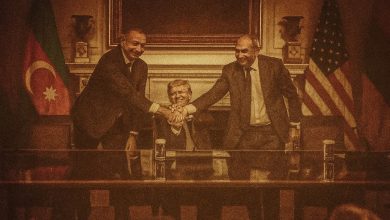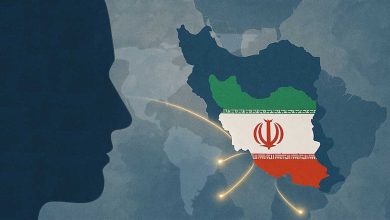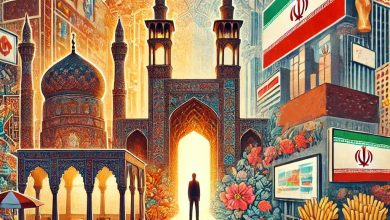Trump 2025

Donald Trump’s views on domestic and foreign policy can be best understood through the lens of two central slogans from his 2016 presidential campaign: “America First” and “Make America Great Again.” These slogans not only reflect Trump’s political ideology but also define the broader strategic directions he pursued during his presidency.
The “America First” slogan—originally used by Woodrow Wilson in 1915 to declare U.S. neutrality during World War I—represents an isolationist approach and a reluctance to engage in foreign conflicts. By reviving this slogan, Trump prioritized domestic affairs, focusing on rebuilding the economy, infrastructure, and internal security. This approach marked a return to traditional American isolationism, which was particularly prominent during the 1920s and 1930s.
The slogan “Make America Great Again”, although previously used by Ronald Reagan and Bill Clinton, became a hallmark of Trump’s brand when he trademarked it with the U.S. Patent and Trademark Office. The phrase reflects Trump’s nostalgic desire to restore America’s past global dominance. Through this slogan, he promised to return the United States to its position as an unquestioned global superpower.
In foreign policy, Trump aligns with the Jacksonian tradition. Jacksonians narrowly define American national interests and show little interest in nation-building, democratization, or human rights campaigns abroad. Trump believes that disaster in U.S. foreign policy began with the dangerous assumption that Western-style democracies could be built in countries with neither the experience nor the desire for such systems. Since World War II, democracy promotion has been a central pillar of U.S. foreign policy. However, Trump considers nation-building and regime change failed strategies that have created power vacuums enabling the rise of terrorist groups. In his view, the aftermath of U.S. withdrawals from Iraq and Libya proves that the U.S. should not engage in such interventions.
Trump sees globalism as the root cause of bad trade deals, crumbling infrastructure, unregulated immigration, and the overstretched U.S. military. He believes internationalism has weakened American sovereignty and its exceptional status. Accordingly, he has rejected multilateralism and viewed international institutions as threats to U.S. national interests. This led to his withdrawal from several major agreements, including the Paris Climate Accord and the Iran Nuclear Deal (JCPOA).

As a businessman-president, Trump approached international relations with a transactional mindset, favoring economic pressure such as tariffs and sanctions to confront adversaries. His “maximum pressure” campaign against Iran aimed to destabilize the country’s economy and weaken its political system.
Unlike previous American presidents, Trump had no prior political or military experience, and his background in business and media significantly shaped his worldview. He sees interventionism as a source of global chaos, increasing trade deficits, unsecured borders, and a surrender of U.S. sovereignty to global institutions. To Trump, America’s economic power and material wealth are the foundations of its exceptionalism.
His prospective second administration will likely continue to emphasize “America First”, reducing overseas military commitments and refocusing on domestic issues.
Trump remains disinterested in rejoining the Iran Nuclear Deal but is likely to introduce new conditions for any future negotiations, continuing his maximum pressure policy. He is also expected to pursue broader alliances with Arab states and Israel to further isolate Iran and counter its regional influence.
This is partly why Trump supported Turkey’s presence in Syria. Given the regional competition between Iran and Turkey, Turkey’s role in Syria serves as a buffer to Iran’s influence and its allied groups. Furthermore, it shifts the financial and military burden of countering Iran away from the U.S. and onto Turkey.
Trump also aims to strengthen ties with Arab countries such as Saudi Arabia and the UAE, advancing the normalization of relations between Israel and Arab nations. During his first term, he strongly supported Israel, including the controversial relocation of the U.S. embassy to Jerusalem.
In a future Trump administration, we can expect a continuation of this unwavering support for Israel, condemnation of any military actions by Palestinian groups, and increased pressure on Palestinian leadership to accept Israel’s conditions and abandon long-held demands.






